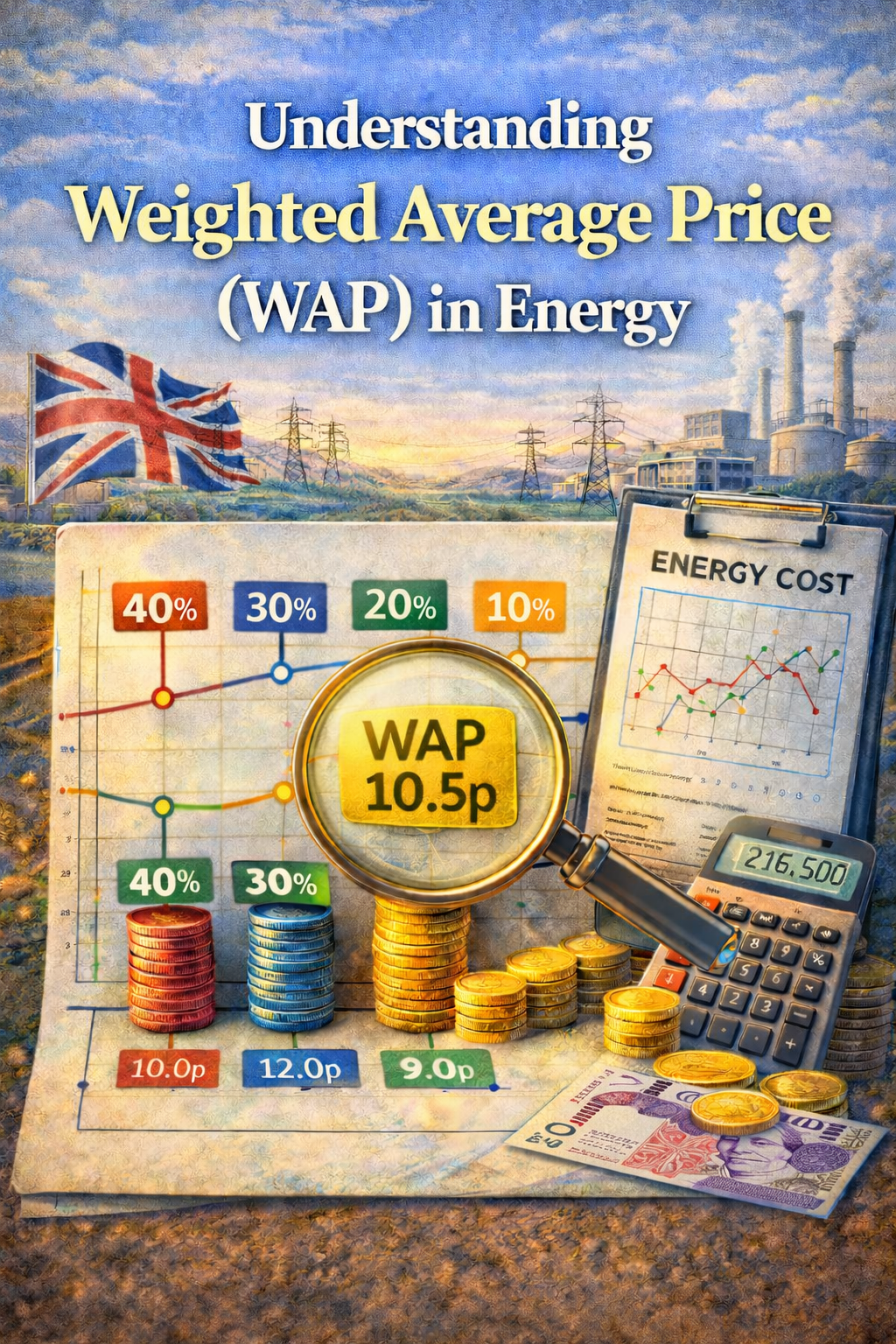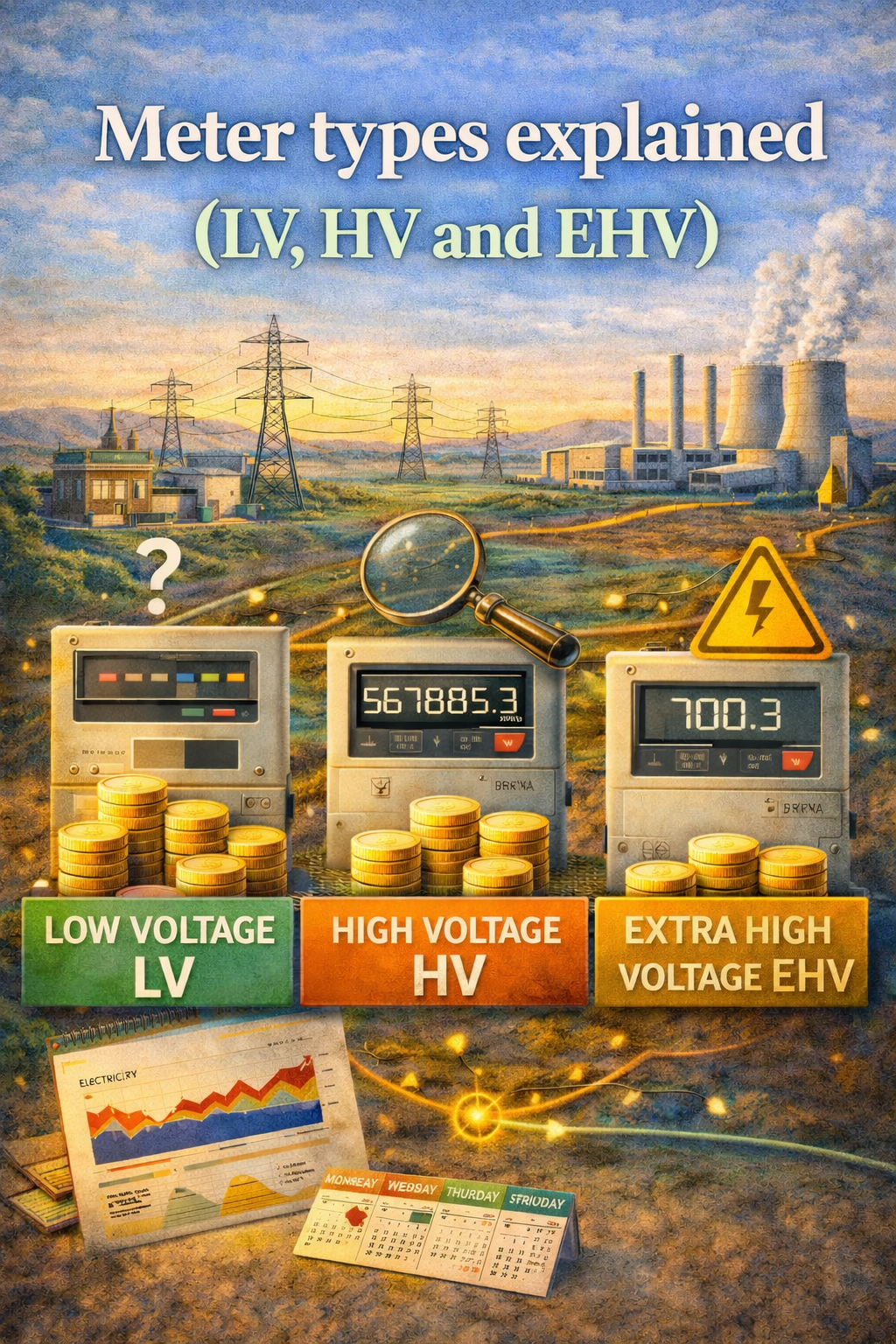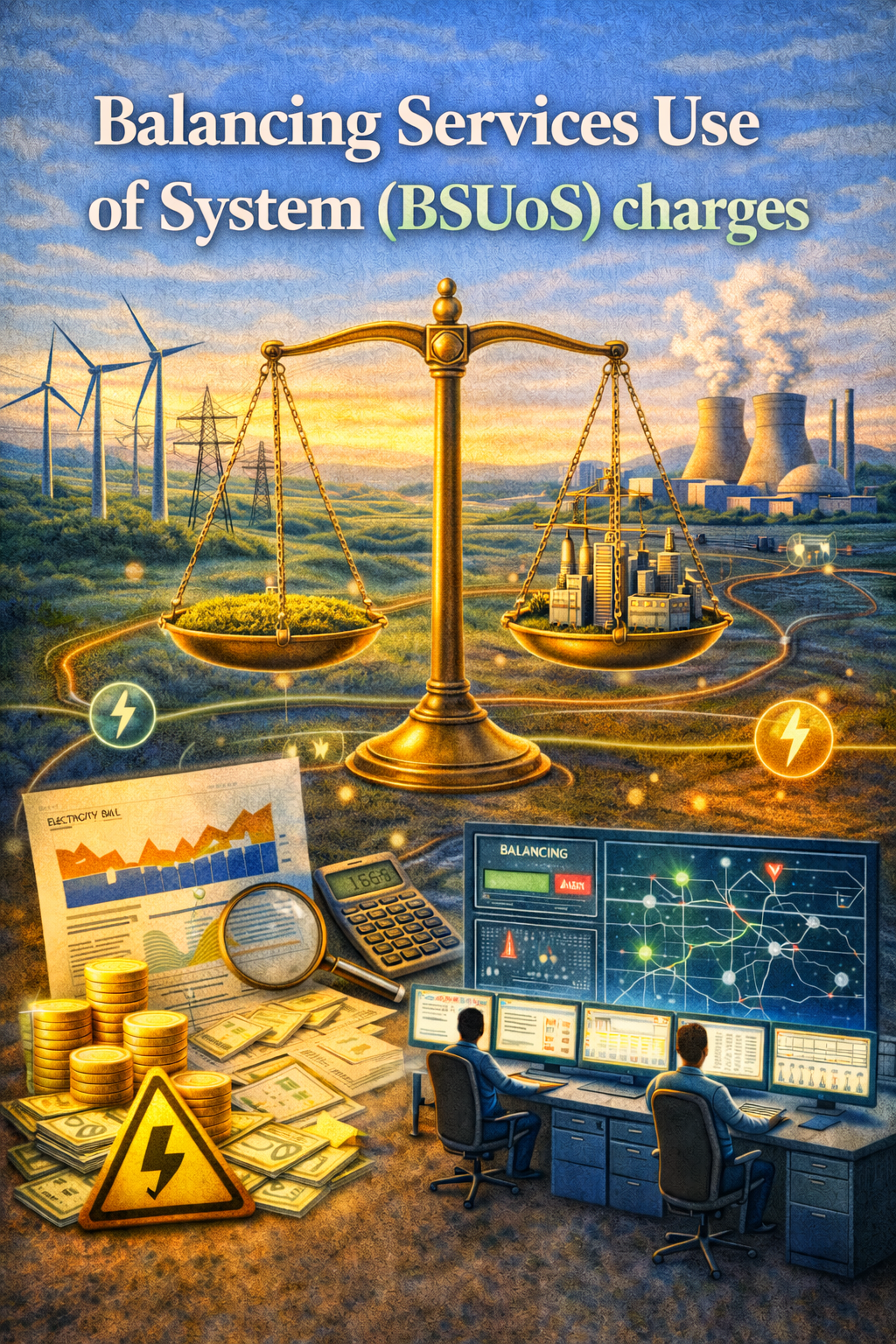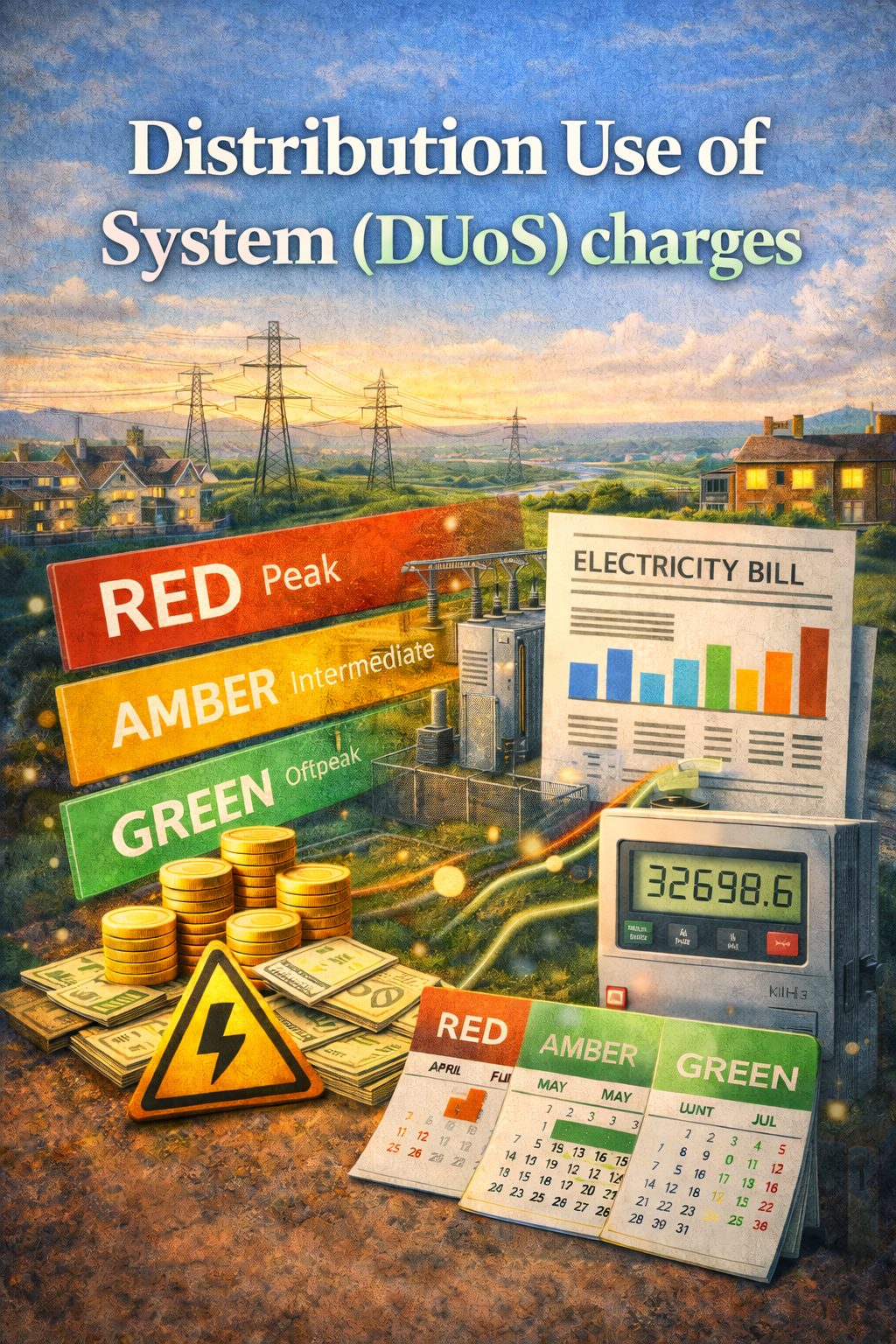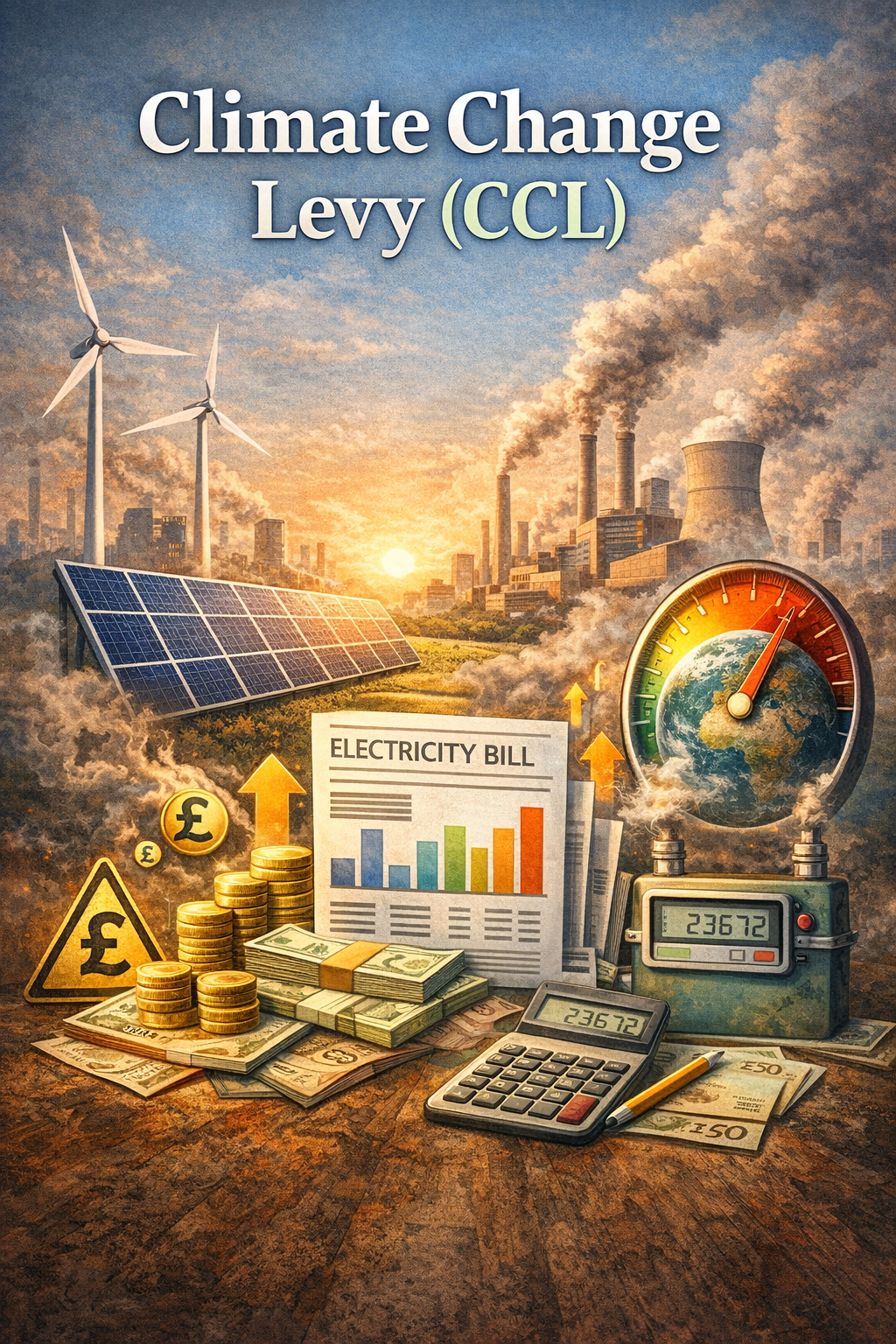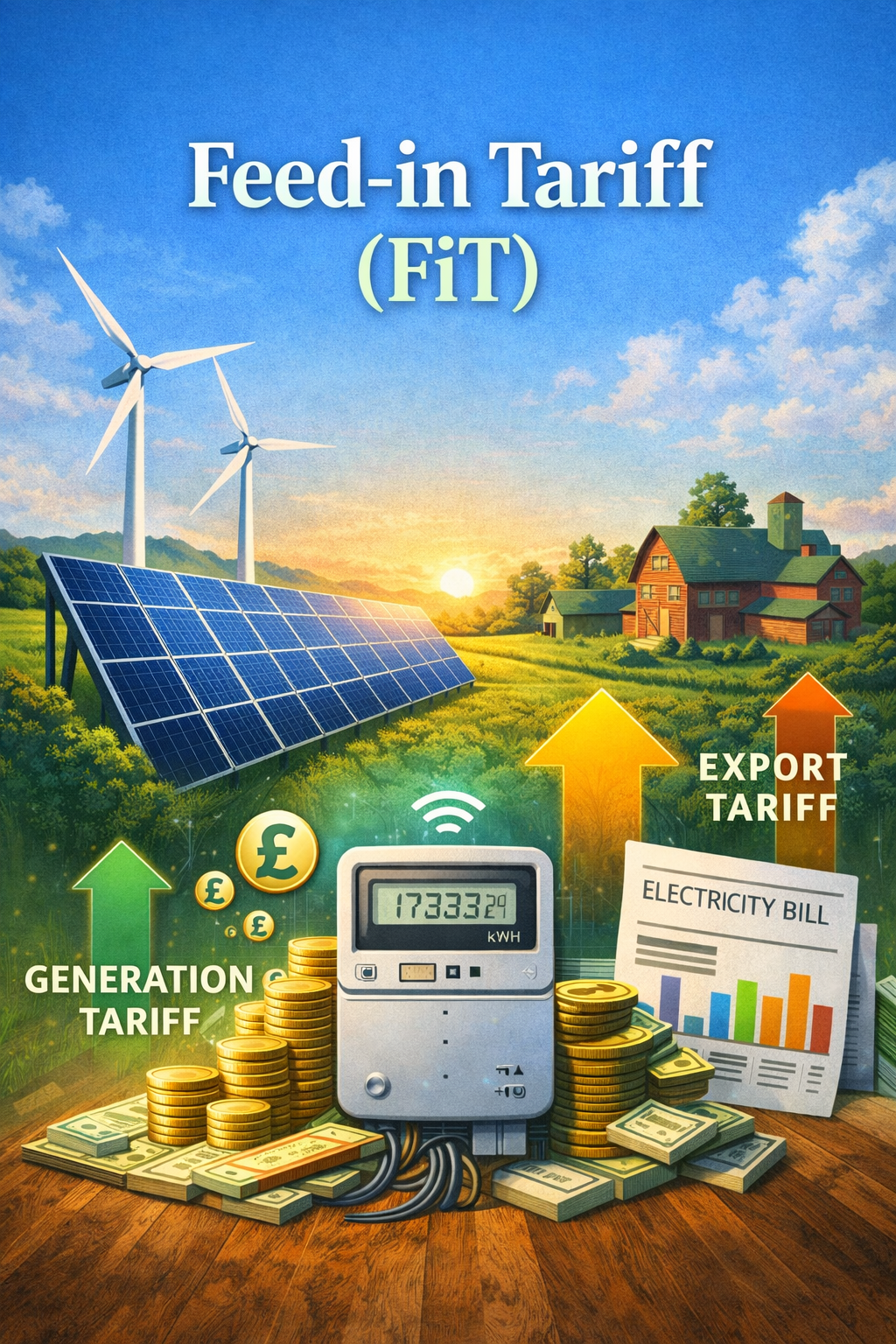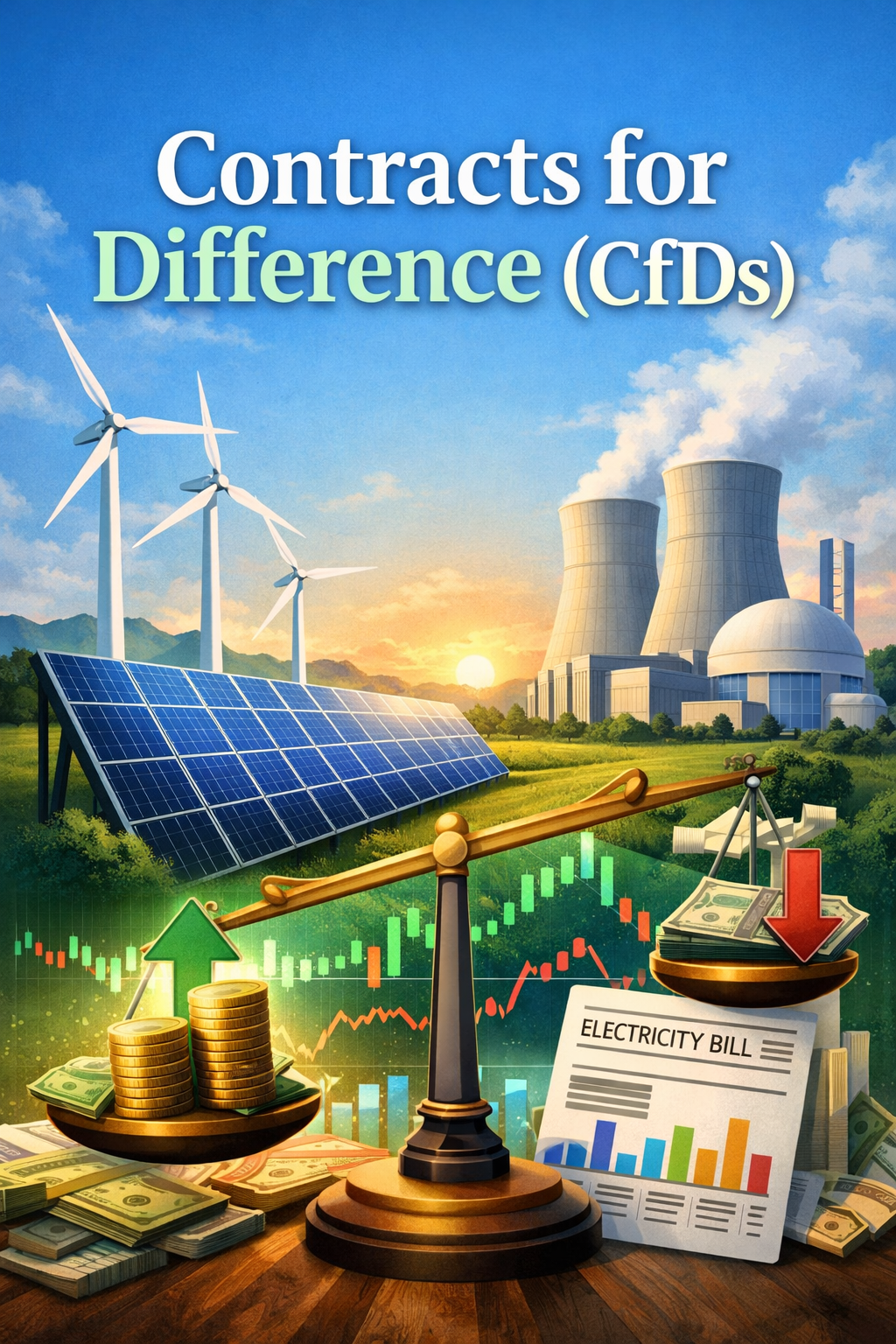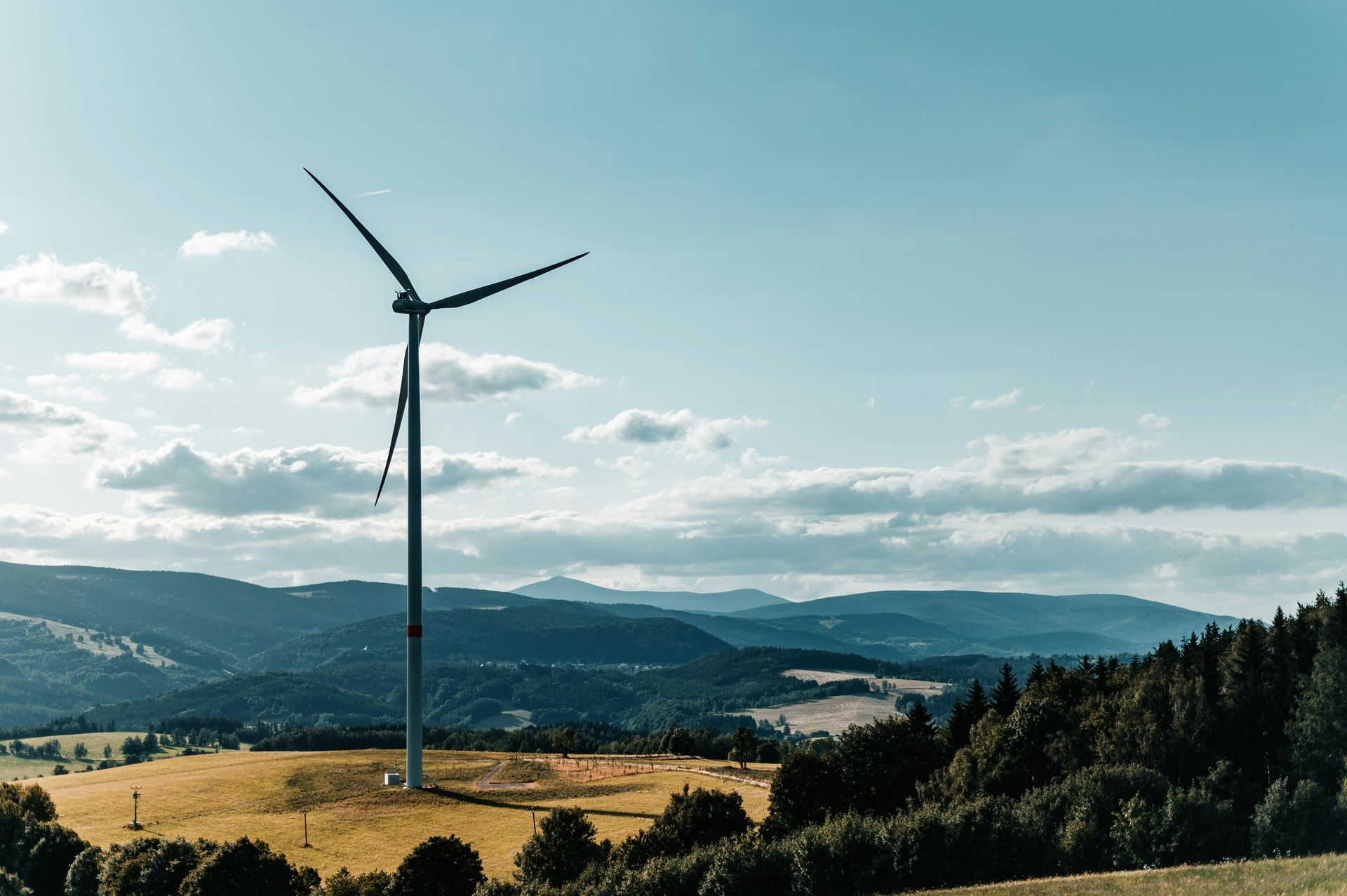November Review
November Review
By Adam Novakovic (Energy Markets Consultant)
In a month that saw data released revealing that the UK economy failed to grow in the 3rd quarter of this year, growing fears around energy prices subsided as wholesale prices dropped from their October highs.
Prices fell steadily throughout the month as it became clear that energy demand remains below the levels recorded in previous years. These lower wholesale gas prices also led to some power generators turning to gas in favour of coal. This has the effect of lowering carbon prices, and therefore lowering electricity prices.
The EU appear to be well prepared for this winter, announcing that they are currently at 97.5% capacity for gas storage. Analysts are now forecasting that the available supply should exceed the predicted demand, with the possibility of shortages seeming unlikely.
After conflict in the middle east was seen as the main factor when energy prices rose in October, those fears have lessened as Israel recommenced exporting gas in the first week of November.
Closer to home, OFGEM issued guidance on the fair treatment of business customers. Writing to all suppliers, the regulatory body sought to remind suppliers of their duty to treat business customers fairly, specifically referencing how unjust some deemed rates tariffs are. Whether this guidance has any significant impact remains to be seen, but we would still strongly recommend all businesses to avoid going on to deemed rates when their contract expires. If your business requires help with avoiding deemed rates then don’t hesitate to contact us today, we can set up a reminder to get in touch with you before your contract expires to make sure you get the best deal available at that time.
Another way that business customers may be paying more than they need to was also highlighted during November. A study revealed that 40% of eligible business customers are currently unaware of the Energy Intensive Industries discount scheme. If you believe you may be eligible and require help with this scheme, then get in touch and we can assist with you with this process.
Outlook
One of the key short-term factors impacting energy prices will be the weather. While long-term weather forecasting is not 100% accurate, current predictions see this winter as not being particularly cold, with Netweather claiming “temperatures are forecast to be close to the 1991-2020 long-term average. December close to the average, January equal chance of being average or above average and February below average.”
Previously there has been fears that a colder than average winter could increase demand, but this no longer appears to be a large concern.
Looking even further ahead, it appears there is plenty to be positive about in the LNG market. Over the next few years, global production – particularly in the US – will be increasing which suggests the coming years will see far more stable energy prices than the last few years.
Current forecasts are suggesting that around 50% of the UK’s gas reserves may be used this winter, with even the coldest predicted scenarios unlikely to drop reserve levels below 25%. This is more positive news for energy prices, although all depletions from the reserves will likely be replaced over the summer months creating additional demand at a time when gas demand is normally expected to decrease.
